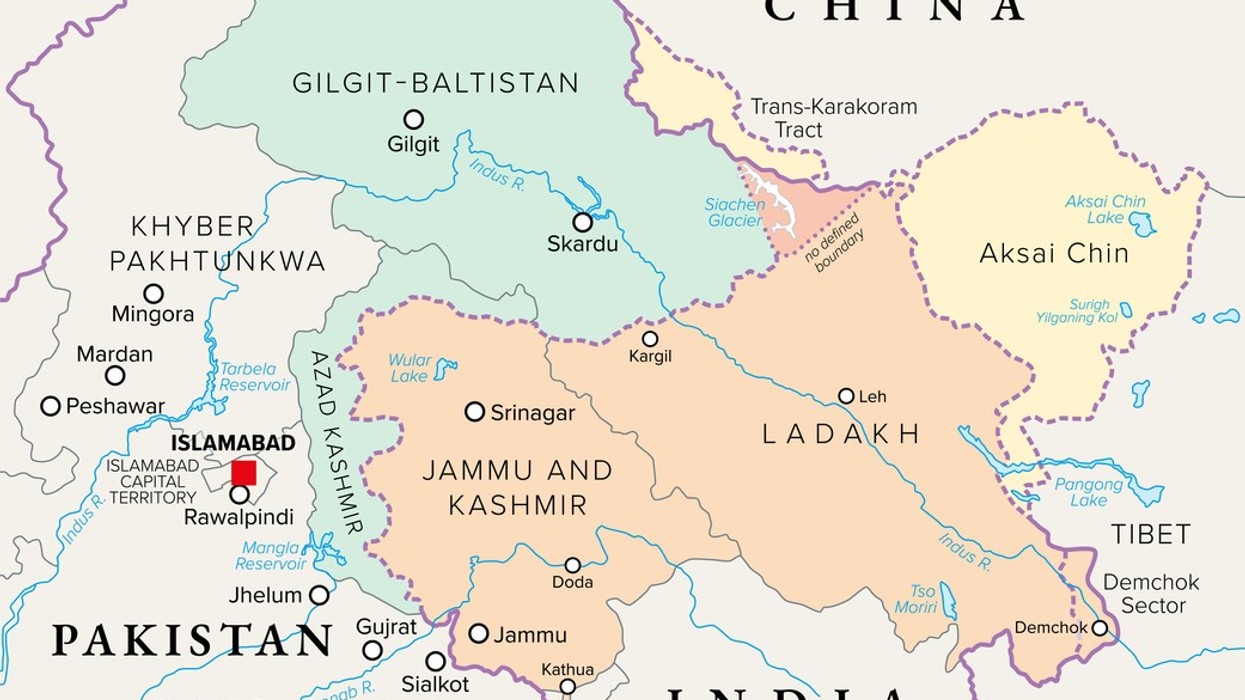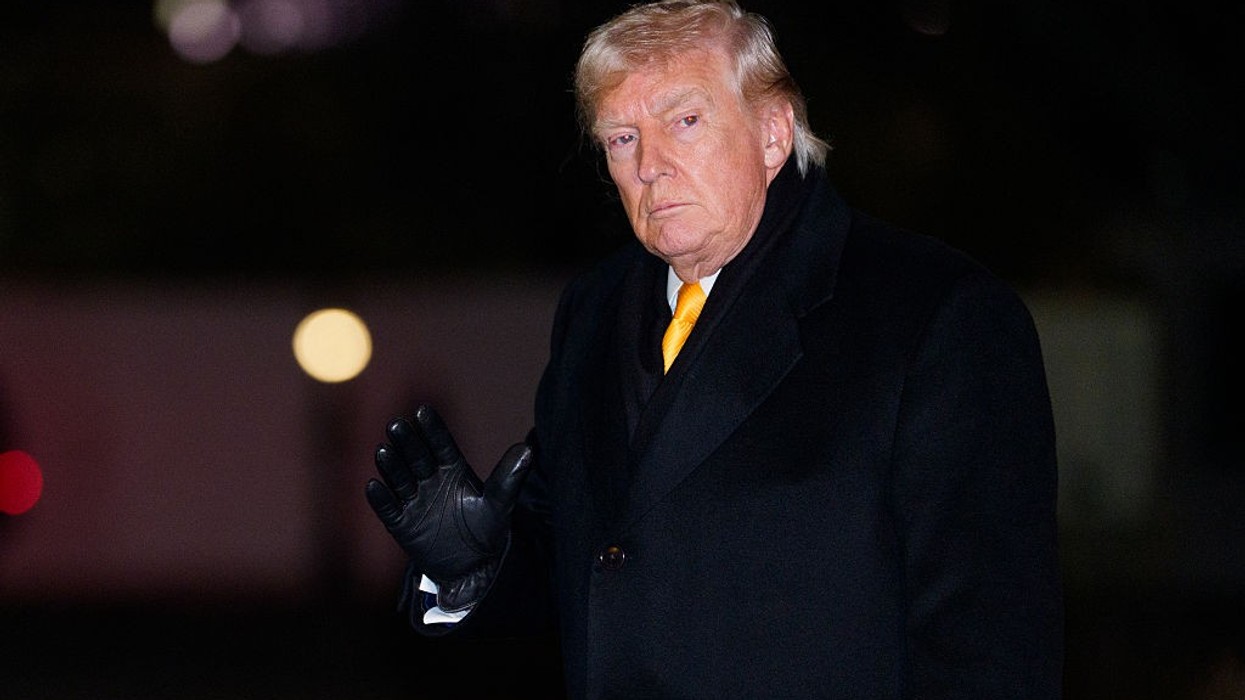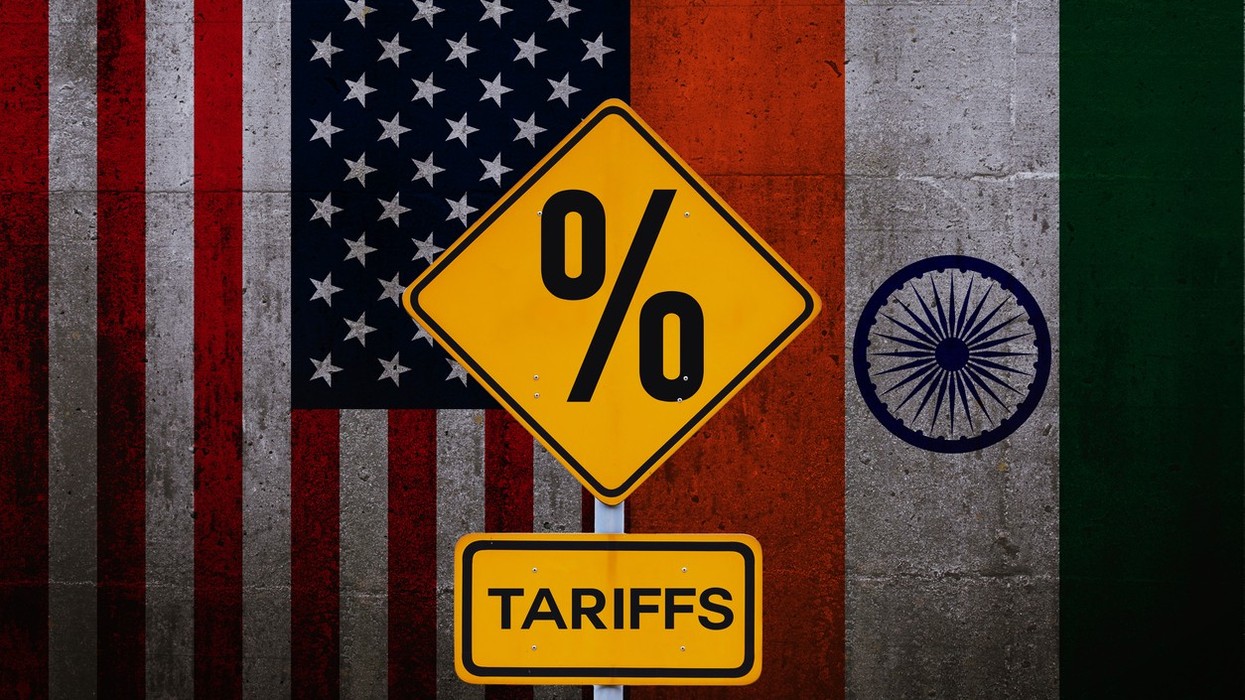INDIA'S Enforcement Directorate (ED) on Tuesday (5) conducted searches at 44 places across the country in a money-laundering investigation against Chinese smartphone manufacturing company Vivo and related firms, officials said.
The searches are being carried out under sections of the Prevention of Money Laundering Act (PMLA) at locations in several states including Delhi, Uttar Pradesh, Meghalaya, Maharashtra and others.
The agency conducted searches at 44 places related to Vivo and associated companies, they said.
A query sent by Press Trust of India to Vivo did not elicit a response.
The Indian federal agency filed a money laundering case after taking cognisance of a recent Delhi Police (economic offences wing) FIR against a distributor of the agency based in the union territory of Jammu and Kashmir where it was alleged that few Chinese shareholders in that company forged their identify documents.
The ED suspects this alleged forgery was done to launder illegally generated funds using shell or paper companies and some of these "proceeds of crime" were diverted abroad or put in some other businesses by skirting Indian tax and enforcement agencies.
The action is being seen as part of the Narendra Modi government's continued crackdown against Chinese entities and their linked Indian operatives indulging in serious financial crimes like money-laundering and tax evasion while operating on India soil.
Premises of a number of Chinese smartphone makers, their distributors and linked associates were raided across the country by the Income Tax Department in December last year and it later claimed to have detected alleged unaccounted income worth over Rs 6,500 crore (£681 million) due to violation of the Indian tax law and regulations.















